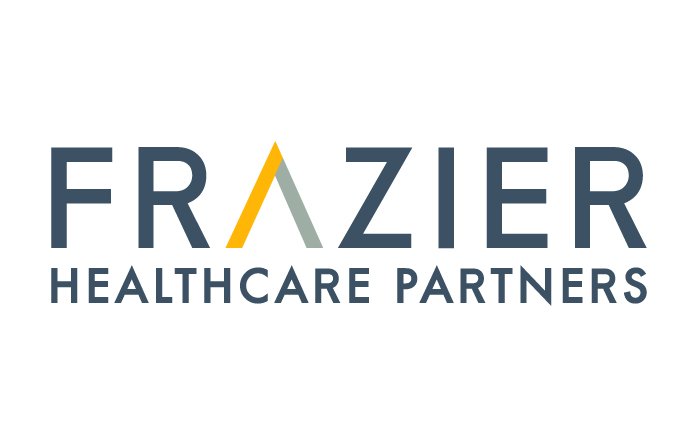By Warren P. Ingram
In the late 1950s and into the 60s, good medical care was not always equal for people of color in the south. Wisely, my parents decided to become career military in the Air Force so they could get the care I would need.
When I was 3, my father received orders to deploy to Okinawa, Japan. It was while living in Okinawa that my memories of bleeding episodes began. Treatment consisted of fresh frozen plasma and long hospital stays.
My parent’s first major scare with me happened at about 5 years old. I had been playing outside, fell and bumped my head. Later that day my mom reported I was not myself, becoming lethargic and incoherent. They brought me to the USAF Military hospital where I went into a coma lasting 3 days due to a brain hemorrhage. On the 4th day, my mother recounts that upon her arrival she found me sitting up in my hospital bed eating a bowl of cereal. Her prayers had been answered.
In 1964, we moved to Otis Air Force Base on Cape Cod, Massachusetts. I continued to receive care at military hospitals until my father retired from the USAF in 1970. Between 1964 and 1970, I averaged two weeks per month in the hospital to receive fresh frozen plasma along with many casts and braces. It was later determined the casts and braces were not an appropriate treatment as they caused many issues for my knees.
My target areas were knees, hips, elbows, wrists and shoulders. At 13 years old, I started on home infusion treatment which changed my life. I was given independence, and my life seemed almost as normal as someone without hemophilia.
At 18, it was determined I would eventually need hip replacements. As a teen, working was a challenge. I learned early on that physically challenging jobs were not going to work for me, especially if I had to be on my feet. I also learned I needed a job that offered generous health benefits. In 1983 I found a great opportunity with AT&T that provided a good salary and great benefits.
In 1985, I found out I had contracted HIV through contaminated factor VIII. This was devastating news. I was also experiencing a lot of bleeds at that time, so bad that I had to use crutches to go to work. This led me to have a bilateral hip replacement in 1986. The surgery was a great success. I no longer bled into my hips and regained a lot of mobility.
During these years, however, I lived with a lot of stress and anxiety because there was no good treatment for HIV. I saw it as a death sentence. Except to get the necessary treatment, I did not want to associate myself with hemophilia and didn’t have any relationships with other hemophiliacs.
Eventually, I was transferred to Alpharetta, Georgia for a new position with AT&T. I was doing well in my new surroundings, but HIV was still in uncertain territory. I decided to join a support group at my local chapter. This proved to be life-changing; I soon met other people like myself who were not only dealing with hemophilia but also with HIV. These friendships led to my involvement in becoming an advocate for the bleeding disorders community.
Because of my HIV status, I didn’t believe I would ever get married—but in 1998, I met the love of my life, Sharon. We were married the same year and raised two daughters and a son together.
I was diagnosed with hepatitis C in 1995 and lived with it until it was cleared in 2018. In 2002, I went on disability because of the on-going joint issues I was having, mostly with my knees and hips. That same year, my right knee was replaced and then my left in 2005.
In 2006, I was diagnosed with hereditary hemorrhagic telangiectasia (HHT), a condition that causes abnormal connections to develop between arteries and veins. This caused me to have such bad nosebleeds that at one point I was having weekly blood transfusions receiving 2-3 units at a time. I was tired and weak all the time. When I was first diagnosed, there was no real treatment for HHT. Today an intravenous drug is available and every couple of months I receive an infusion to prevent the blood vessels from bursting.
2016 saw a right hip revision, followed by a left hip revision in January 2017 with another that same year in August.
At 65, past bleeding episodes have taken a toll. It has become difficult to do the day-to-day things most people take for granted. I now must use a power chair, rollator or scooter—take your pick!
I always assumed there would be issues with my lower body, but my younger self would not have imagined my troubles in aging would involve elbows, shoulders, fingers, and back. These joints bothered me in my youth but stopped in my later teens. However as I approached 60, I began to lose range of motion in my elbow and shoulders, which interferes with doing simple things. For example, since my elbow won’t bend properly, my right hand can’t reach my mouth to eat.
Through the years, Sharon and I have led a variety of workshops at NHF annual meetings. One of our favorite workshops centered on talking with younger couples about our experiences and how we dealt with my hemophilia.
At one particular session, Sharon mentioned that I watch a lot of television. As a young child, my parents wouldn’t allow me to play for fear of an injury, so I spent a lot of time watching TV—it became my friend. As an adult, it’s much the same way. There were probably ten guys at that session who said they were the same way. This was an eye opener for the wives when they realized they weren’t alone and that television was their husband’s coping mechanism.
I don’t have the drive or desire to do a lot of things that I used to enjoy. Living with a lot of pain is a challenge, but I’m still here! With all the trials I have in front of me, I lean on my faith for strength and always try to look at the glass as half full rather than half empty.
I enjoy a lot of things as an aging adult—especially being married to my wife. When Sharon came into my life, she took on being an advocate with me and for me. She is my partner in every way and my biggest support.
My best advice for aging with hemophilia is to try to stay connected with people and events in the community. You can still learn a lot and the friendships are uplifting and immeasurable!
Be blessed and stay encouraged!
Stay informed on the latest trends in healthcare and specialty pharmacy.
Sign up for our monthly e-newsletter, BioMatrix Abstract.
We value your privacy. Review our Privacy Policy here.





